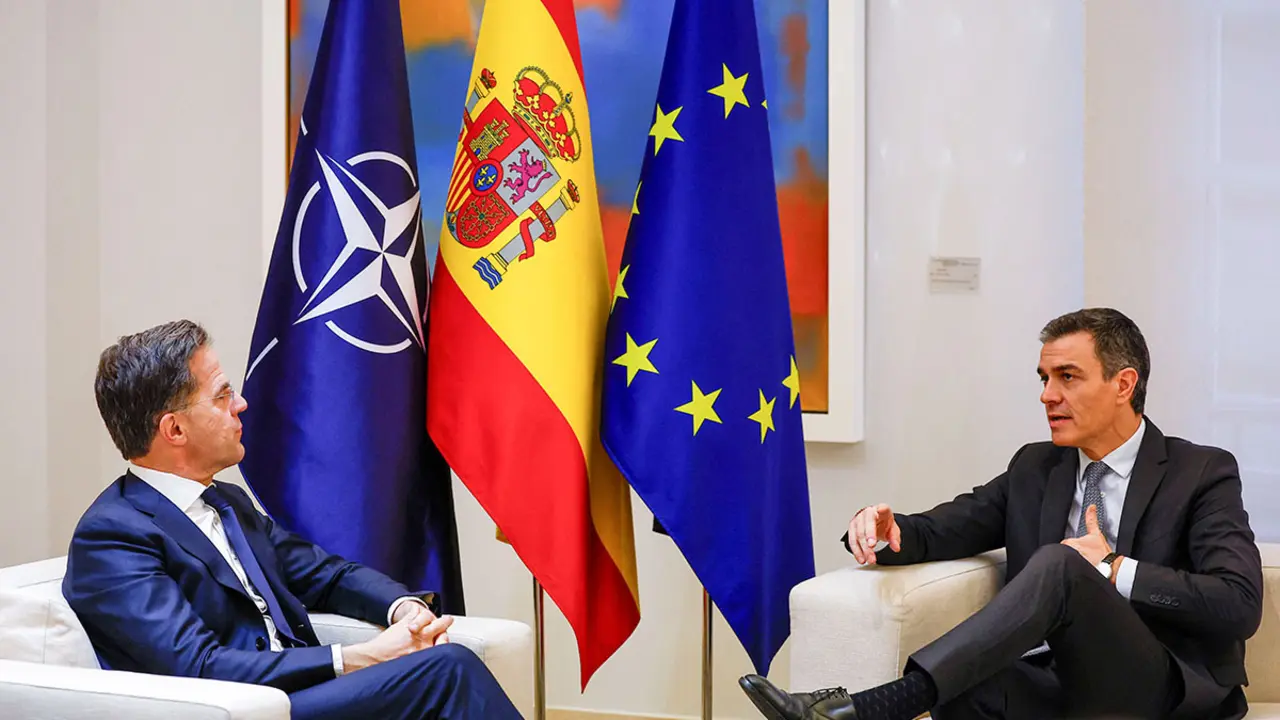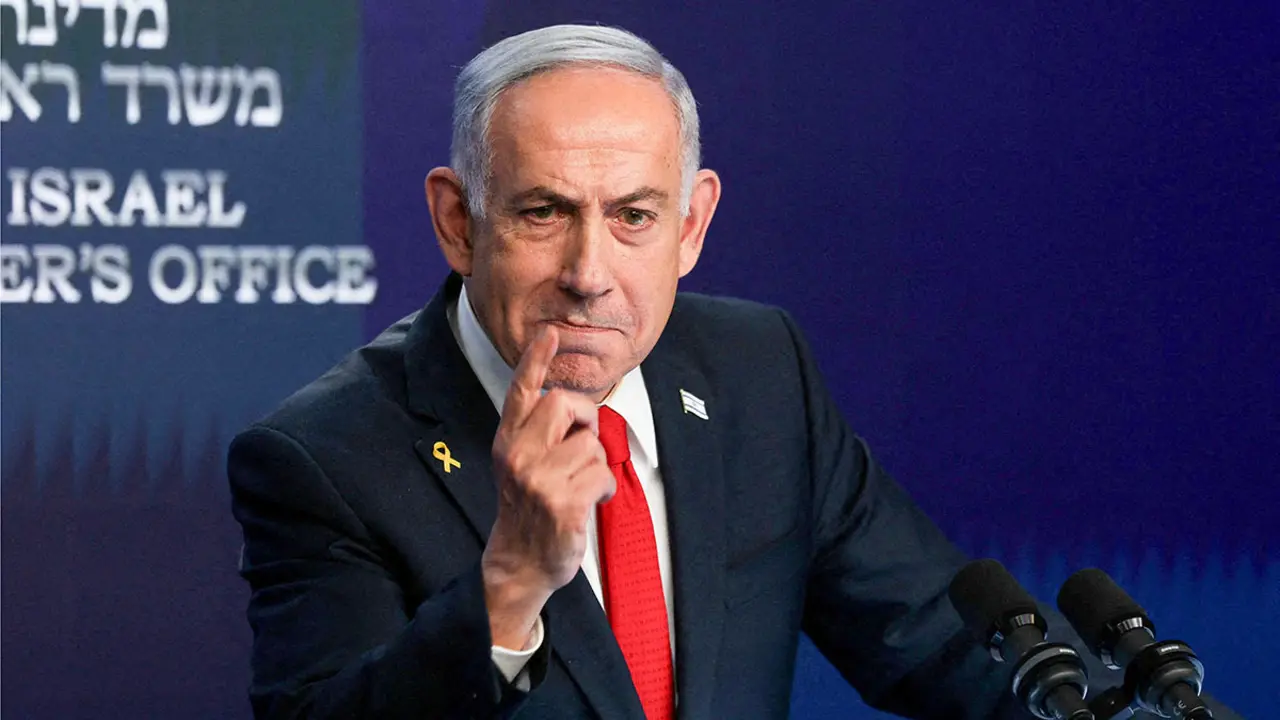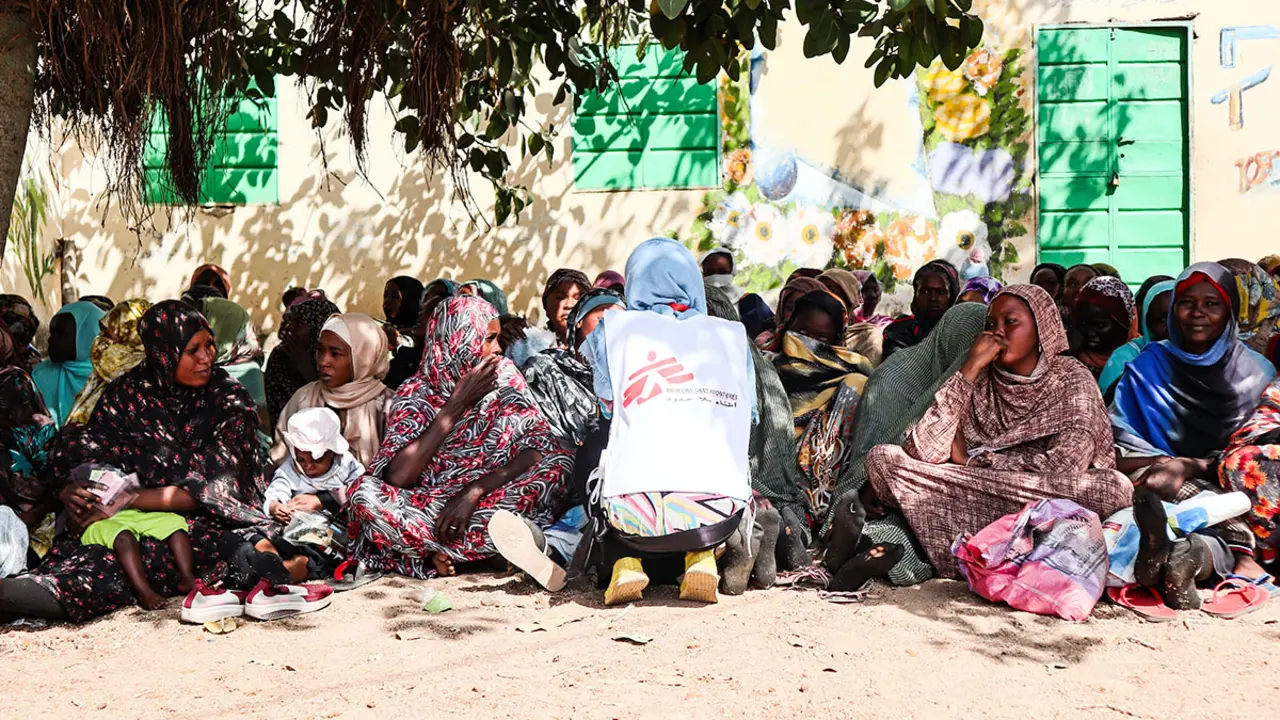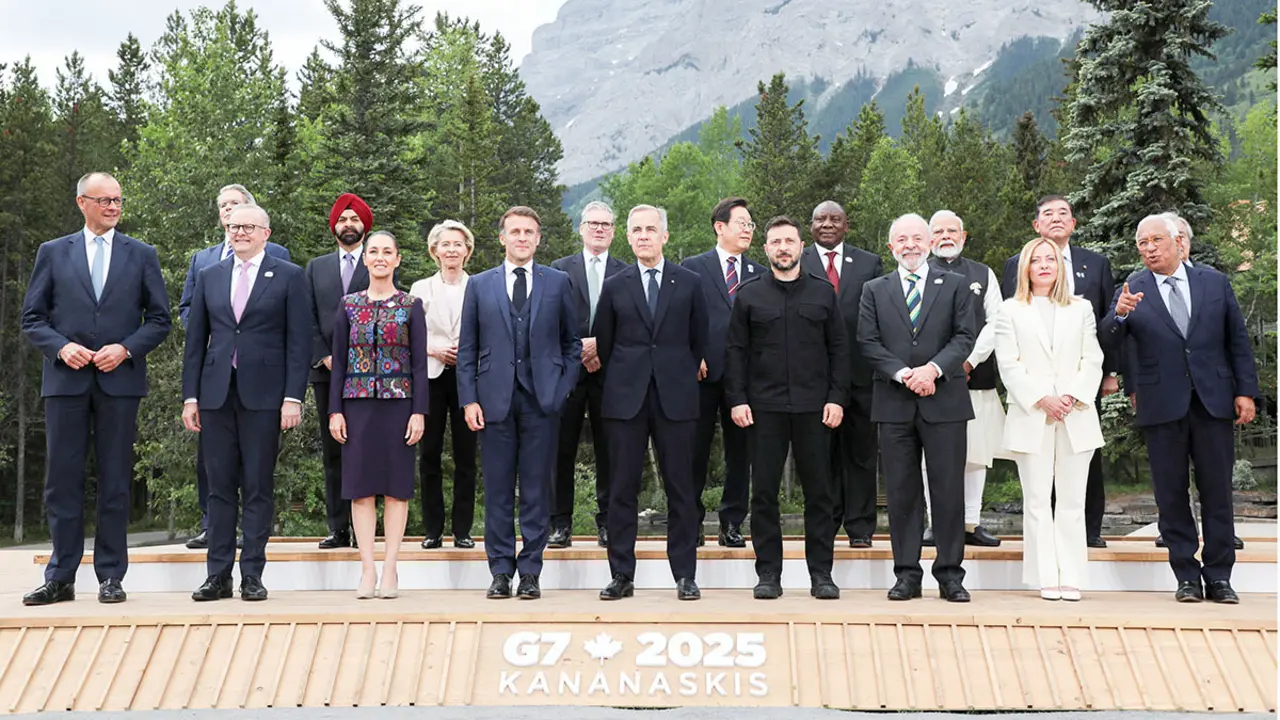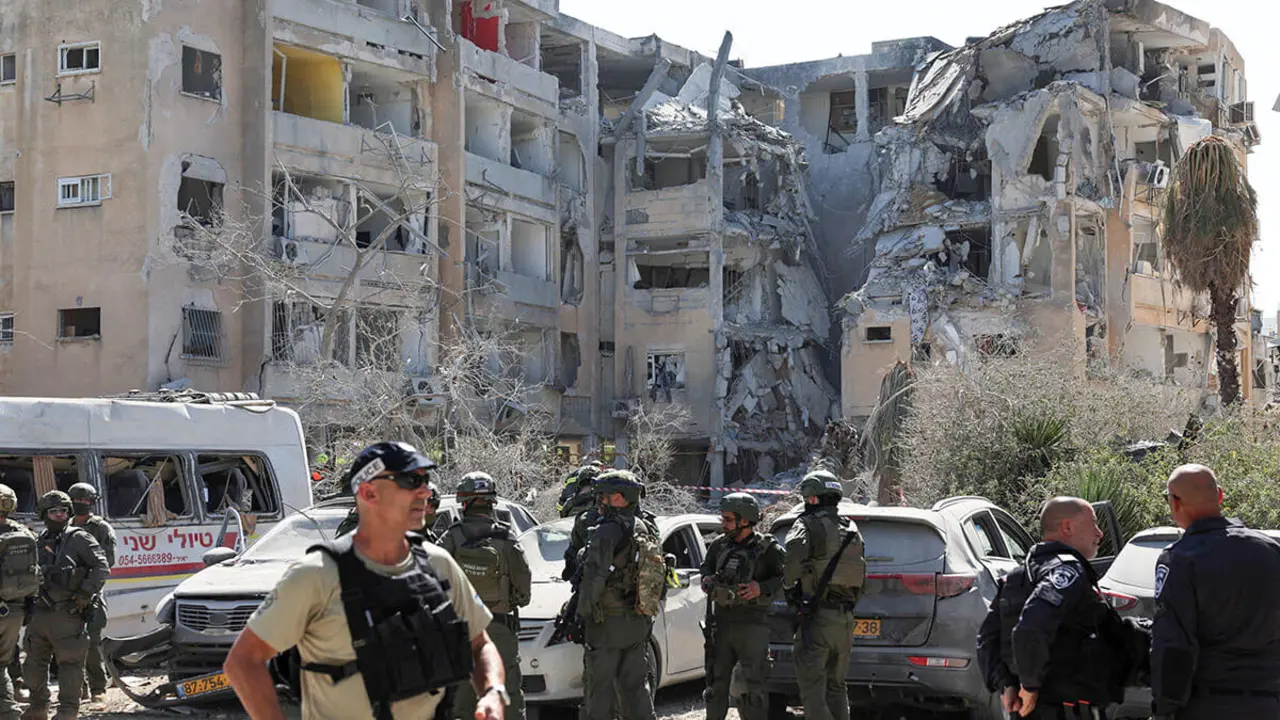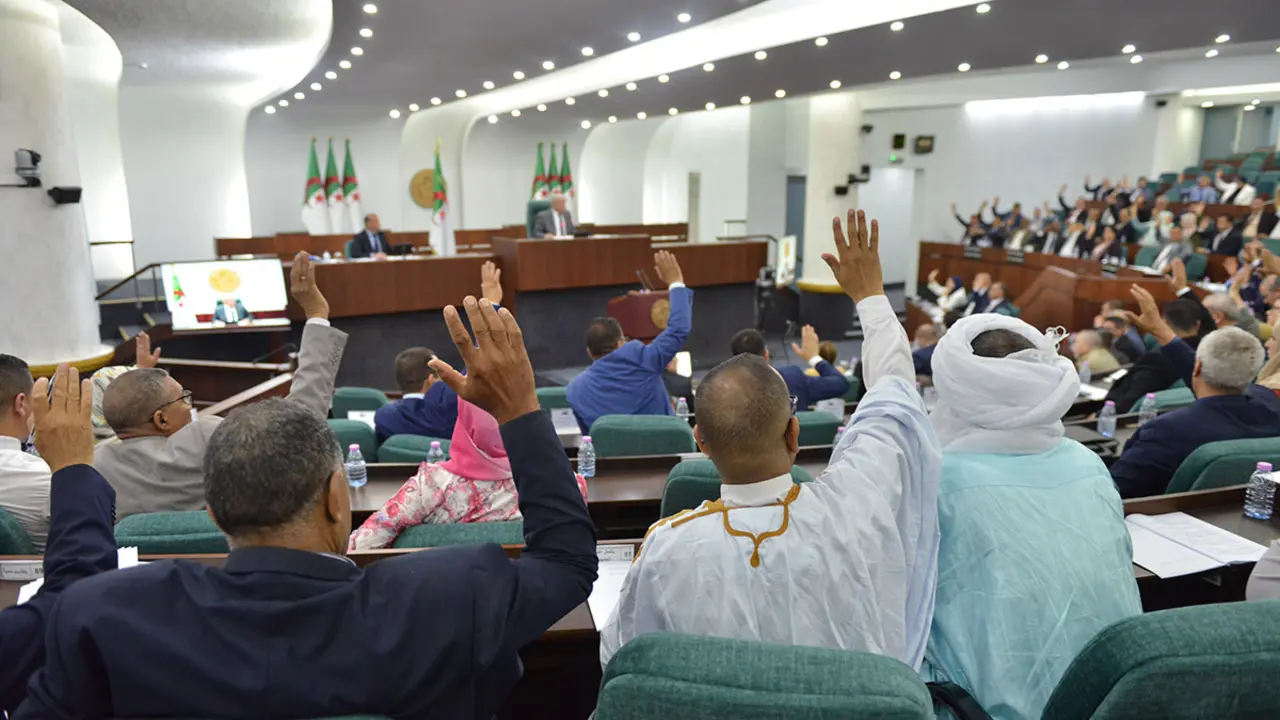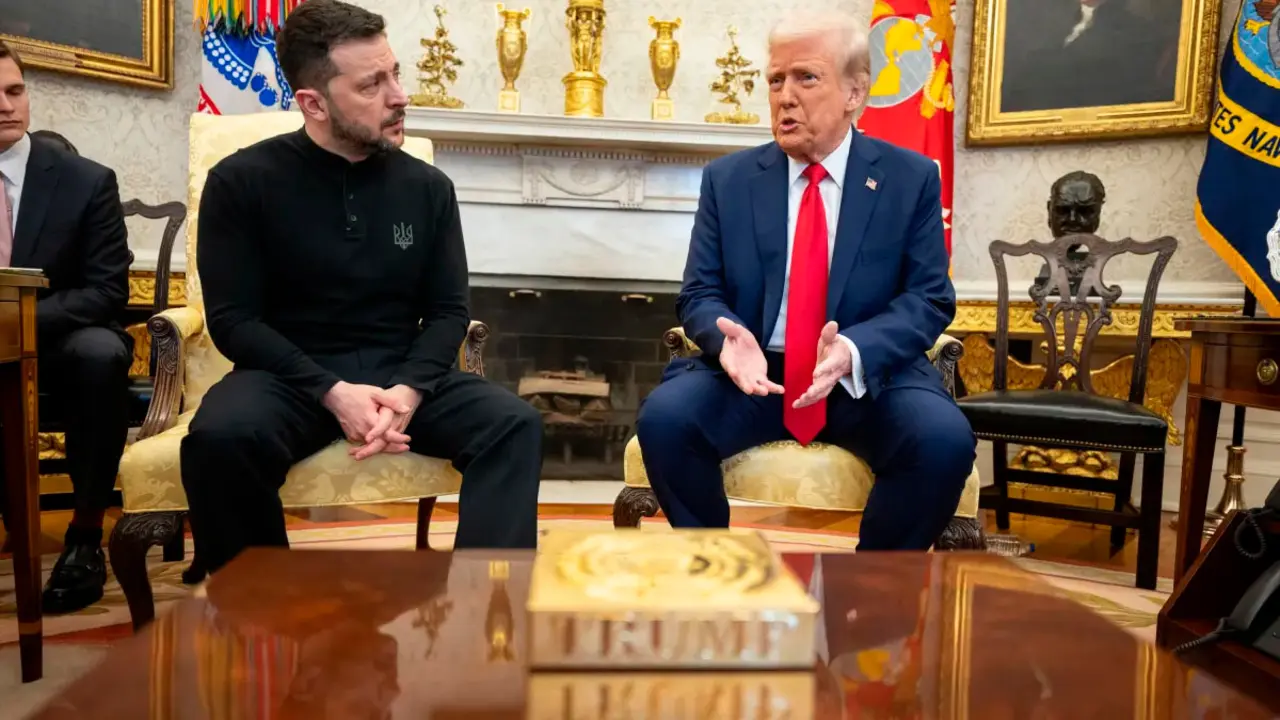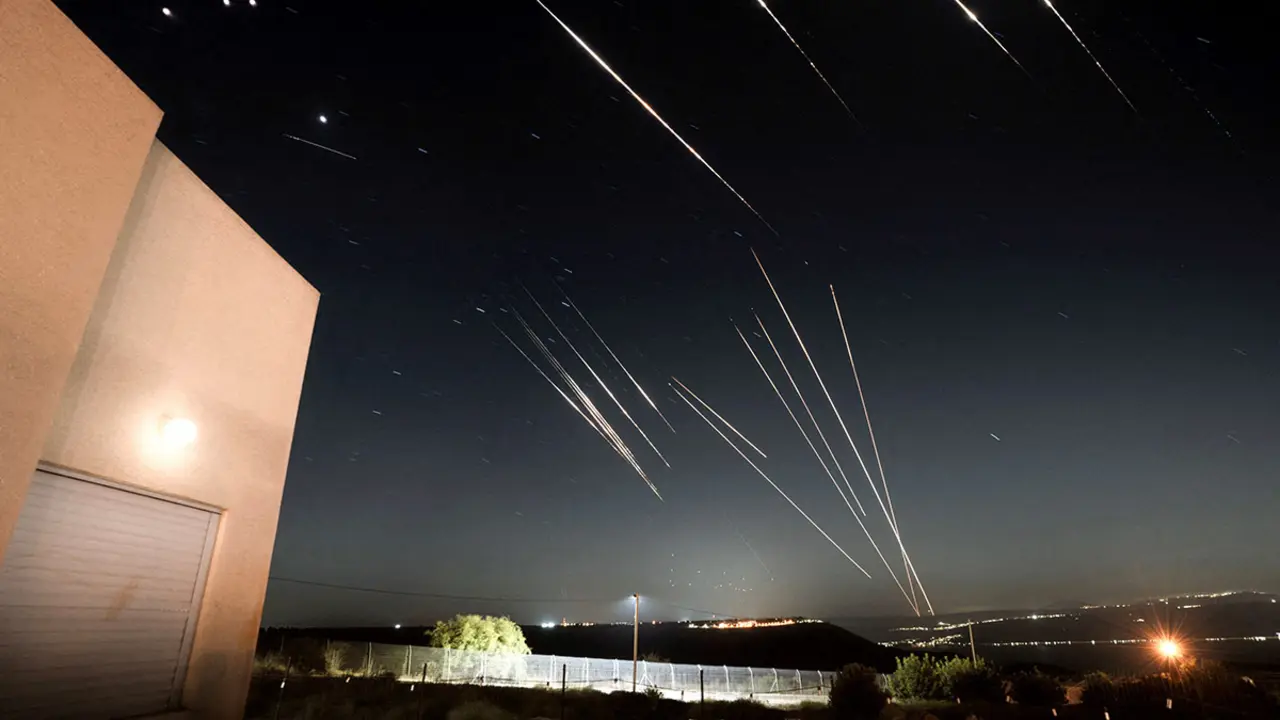Internal government crisis increases instability in Argentina

The Argentine government is experiencing a complex situation marked by tense relations between President Alberto Fernández and Vice-President Cristina Fernández de Kirchner. The two most important figures in the Peronist government have seen how their relationship has cooled after the last legislative elections, and how the agreement reached with the International Monetary Fund (IMF) has further damaged the joint work of the Executive.
A common thought among experts, according to La Tercera, is that Alberto would not have won the presidency in 2019 without Kirchner's support, but the vice-president would not have won either if she was at the forefront of the campaign. It was an initial pact with good results, but now we can see how Fernández is distancing herself from Kirchnerism and La Cámpora. Proof of this situation is that none of those involved shared events together during the tribute to the 40th anniversary of the Malvinas War.
"It is clear that the ideological differences are very clear and prior to CFK's choice of Alberto Fernández to head the presidential ticket. You have to see what the current president said since he stopped being Cristina's chief of staff in 2008, until they reconciled". Although one thing is clear, the differences between the two, "sooner or later would be exposed with the passage of time and management", says José Ángel di Mauro, Cristina Fernández's biographer, according to La Tercera.
In the midst of this conflict, Argentina is facing a complicated social and economic process, spurred on by the post-pandemic, where the international panorama is increasing its pressure on the Argentine economy which, despite having grown by 10% in 2021, still has 37.3% of the population below the poverty line.

Cristina Fernández de Kirchner has demanded a series of actions through which to recompose the relationship with Peronism. Among them is the need to rethink the agreement with the IMF in May, in order to reassess the status of the agreement.
The situation was overwhelmed with the agreement that the government reached with the IMF for the payment of the debt. The refinancing of the 44.5 billion dollar debt was not to the liking of all the government's groupings and led, among other things, to the resignation of Máximo Kirchner, the vice-president's son, as head of the ruling party's bloc in the Chamber of Deputies.
The rejection by members of his own party led to disappointment on the part of President Alberto Fernández: "When they proposed that I be in charge, I knew that I was going to have to make decisions, and I expected them to accompany me, and they didn't", said the head of government during an interview.
The Argentinean vice-president has made clear her demands to recompose relations within the government, where the first step is a political "capitulation" of the president, a "surrender", she said.

Among her measures, she is calling for the dismissal of the ministers closest to the president, such as the Minister of Economy, Martín Guzmán, the Minister of Production, Matías Kulfas, and the Minister of Labour and Social Security, Claudio Moroni.
On 24 March, a march called by La Cámpora, led by Máximo Kirchner, brought together 70,000 people in the Plaza de Mayo, which was interpreted as a provocation to the head of state.
America Coordinator: José Antonio Sierra.

